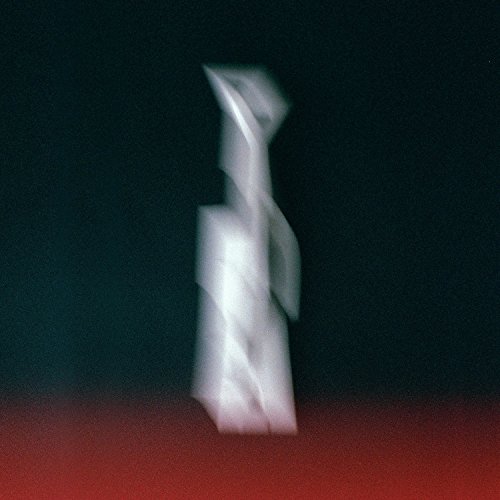
Portico
Living Fields
Release Date: Apr 7, 2015
Genre(s): Electronic, Pop/Rock, Alternative/Indie Rock, Indie Electronic
Record label: Ninja Tune
Music Critic Score
How the Music Critic Score works
Buy Living Fields from Amazon
Album Review: Living Fields by Portico
Fairly Good, Based on 6 Critics
Based on rating 8/10
I had a great love for Portico Quartet, the band that spawned Nick Mulvey, received much critical acclaim, including a Mercury Prize nomination, and were absolutely mesmeric live. The news of a change of name, direction and a signing to Ninja Tune for the release of Portico’s debut album proper, Living Fields elicited, from me at least, a combination of sadness and intrigue. As the band themselves have been clear that they view this as a debut of a new project, rather than a continuation of their previous iteration, what would we find? What would be recognisable? What would be new? Well for one thing, from the moment the opening title track’s echoing electronic pulse commences, it is obvious that this is a release which sits comfortably on the Ninja Tune roster.
Based on rating 7/10
Portico Quartet are down a member and have dropped part of their name as a result, re-launching themselves simply as Portico. Their first release as a trio — Living Fields, on Ninja Tune — is touted as their debut by the band itself, and what's notable are the guest vocalists that appear on all but one of the album's nine tracks. Joe Newman (Alt-J), Jono McCleery and Jamie Woon all lend their talents on this darkly ethereal album, affording it variety but calling into question the viability of touring an album composed entirely of guest vocalists.Living Fields is rich in its intimacy, enrobed in an ambiance that feels like a continuous pull towards a soundscape designed for dreams.
Based on rating 3.5
When Portico Quartet made the Mercury Prize shortlist in 2008 for their debut album Knee-Deep In The North Sea, it was as the ‘token jazz nomination’, a label that for many years clung sheepishly to a prize that’s never been won by a jazz album. Another genre that’s always been accompanied by the word ‘token’ when brought up in the context of the Mercury Prize is folk, and interestingly, former Portico Quartet member Nick Mulvey made the shortlist in 2014 as a folk nominee for his excellent solo album First Mind. This neatly demonstrates the particular change in direction taken by Mulvey, crossing genres, but continuing to stay just outside the mainstream of popular music.
Based on rating 7/10
Eerie and ethereal in equal measure, Living Fields introduces Portico, the trio version of the Portico Quartet. Gone is the distinct sound of the exotic hang drum as drum machines and synthesizers now take its place, plus there is more indie song structure in the new group's music with featured guests like Jono McCleery, Jamie Woon, and Alt-J's Joe Newman offering support. Check highlight "101" for an odd mix of hooky and haunted, then try "Colour Fading" for a James Blake-like, yet less sour, take on R&B.
Based on rating 4/10
What do we call this shift? Portico dropped the “Quartet” and stopped playing jazz. The newly reformed trio is experimenting in electronic and downtempo, placing synths where saxophones once were. All bands that want to survive must change in some way, replacing outdated ideas to stay relevant, but Living Fields is too toothless to signal an evolution.
Opinion: Excellent
Whether they want to be associated with it or not, Duncan Bellamy, Milo Fitzpatrick and Jack Wyllie have a history of making fascinating records. Along with Nick Mulvey and ‘Quartet’ on the end of their name, they came into the world with their Mercury-nominated first album Knee Deep in The North Sea: a beautiful modern jazz record which held in its folds the same moody ambiance and delicate structure that seeped through all their records since. With Mulvey departing to pursue what’s become a successful solo career, second LP Isla was to be the last from the original line-up.
'Living Fields'
is available now

